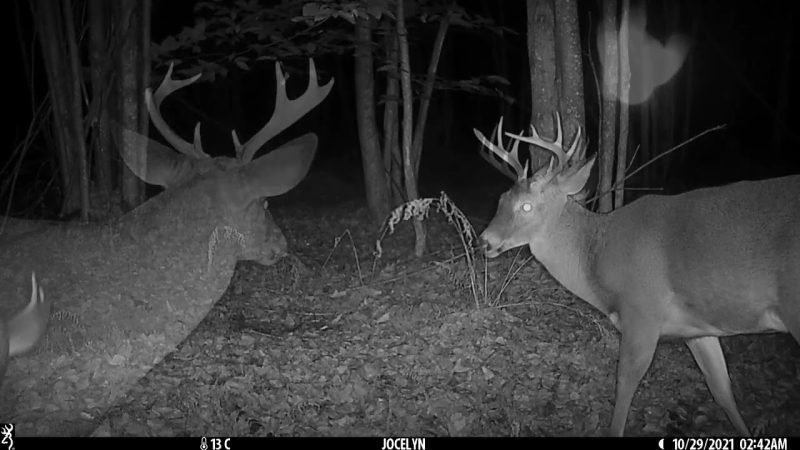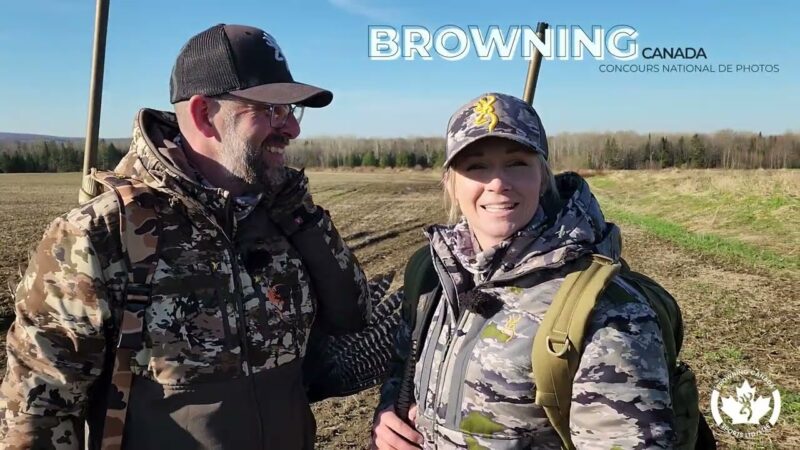Reviews
User Score
Rate This
Descriptions:
Beautiful vocalizations of a plaintive female moose Moose Call Saline Urine
Hunting history Moose Call Saline Urine
Beautiful vocalizations of a plaintive female moose hunt 2022 Moose Call Saline Urine. Since its appearance three million years ago, hunting has never ceased to exist, alongside other food-producing activities such as cattle breeding. In the Middle Ages, hunting was the privilege of the nobility, linked to the right to own land. After the French Revolution, it became widely democratized, resulting in considerable damage to the forest ecosystem. Since then, it has become mainly a leisure activity, governed by strict laws designed to protect wildlife and the environment.
From necessity to leisure: a brief history of hunting
The first human beings had a nomadic lifestyle and introduced meat into their diet around 3 million years ago. They first ate recently deceased animals, as well as the larvae and insects present on the carrion. Later, when they began to search for prey, they developed hunting techniques using rudimentary weapons and stratagems.
Moose Call Saline Urine
The emergence of agriculture in the Neolithic period and the rearing of livestock relegated hunting to a secondary role. It is part of a defensive practice designed to protect farmers’ crops from animals that would destroy them. However, hunting out of necessity still exists today among certain tribes, for example in southern Africa, Thailand and Indonesia. In these regions, hunting is used to compensate for food shortages when growing conditions are difficult. Hunting as a privilege dates back to antiquity. While crop and livestock farming covered the basic food needs of the population, hunting offered a wider choice of meat to the privileged classes. It also had a dual symbolic and social significance: the elites in charge of the armies could demonstrate and prove their abilities as warriors by hunting. The practice of hunting became codified during the Middle Ages. Being invited to hunt with the king was one of the great honors of the court. In Europe, laws have been drawn up to regulate hunting on royal territory. At the time, forest management and the privileges granted for their exploitation led to a proliferation of animals harmful to farmers’ crops. Hunting was therefore aimed at eliminating these animals in order to protect plantations. From the 13th century onwards, theoretical works on wild animals, prey typology and hunting techniques abound, as do recipes for royal banquets. Under the reign of François I, during the Renaissance in France, hunting became a way of life. Post-hunt banquets were an opportunity to demonstrate social relations at court. One example of this is the setting aside of choice cuts for honored guests, underlining the prowess of the hunter and cook. During this period, hunting became a privilege of the nobility, and the right to hunt was directly linked to land ownership. Poaching, which had previously been relatively well tolerated, is now severely punished, and non-nobles are strictly forbidden to hunt. According to a royal decree that came into force in March 1515, hunting was considered a waste of time that should be devoted to working the land. The Revolution abolished this aristocratic privilege, and the democratization of the practice led to a wave of widespread hunting that damaged the forest ecosystem and caused the extinction of certain species in certain regions. To preserve wildlife, permits were introduced under Napoleon I, imposing limits on when and where hunting could take place. However, in the 19th century, this permit cost a farm worker the equivalent of a month’s wages, making hunting the privilege of the wealthy classes once again. Today, hunting is strictly regulated. To obtain a license, applicants must pass an examination and comply with other laws, such as the firearms law. Hunting has mainly become a leisure activity designed to regulate game populations. In Switzerland, for example, it is linked to the autumnal culinary tradition of “hunting” – although the meat also comes from livestock.source: alimentarium / https://www.alimentarium.org/en/knowledge/history-huntingVISITE?ZONE VIP? Kate Nadeau MercierGeneral Manager knmercier@qacp.com Facebook Magazine Facebook Émission Gars de Brousse?Filles de Bois?Télé-Mag?#moosehunting#how to remove moose#how to remove deer#huntingtechnique#fishingtechnique#huntingequipment#huntingclothing#TRACTOptics#wild turkeys#salineorignal#meilleurblocdesel#mousehuntingmousehunting#how to removebears#salinechevreuil#souilleorignal#videochasseorignal#blocdeselorignal#BrowningCanadasource













